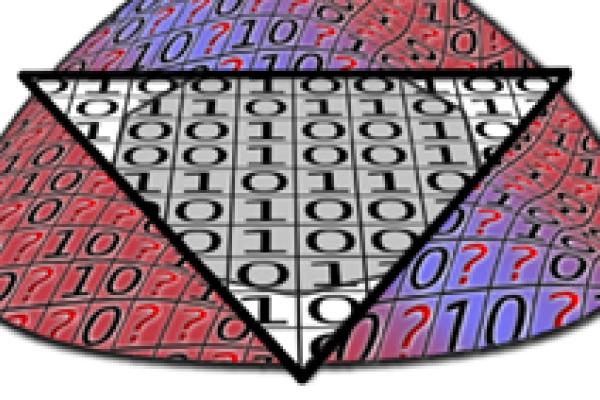Article


Riding the pilot wave
Pilot wave theory is an extension of quantum mechanics that doesn't exhibit any of that weird randomness or fuzziness. But that doesn't mean it's totally sane. Here is a quick introduction.

